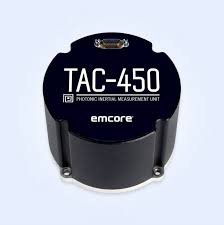In the most recent indication that European authorities are attempting to reduce the risks associated with cryptocurrencies, Europe’s securities regulator cautioned cryptocurrency companies on Friday not to mislead consumers about the amount of regulation of their products.
The European Securities and Markets Authority (ESMA) said in a statement that the European Union’s crypto regulation, MiCA, offers a number of safeguards for investors, including regulations for managing complaints and guidelines for protecting client assets.
However, ESMA stated that the practice of crypto asset service providers (CASPs) offering both regulated and unregulated items on the same platform “gives rise to investor protection risks” because of the possibility that clients are unaware of which products are not covered by MiCA’s protections.
“Some CASPs may even use their regulated status under MiCA as a marketing argument and encourage confusion between regulated and unregulated products and services,” stated ESMA.
Crypto enterprises should not exploit their regulatory status as a “promotional tool” or suggest that their products and services are regulated if they are not, according to ESMA.
Direct investments in commodities, like gold, and lending for crypto-assets are examples of goods and services that are not subject to MiCA regulation.
Global regulators have long been worried about the dangers cryptocurrency investors face.
When FTX and other cryptocurrency platforms collapsed in 2022, millions of investors lost money.
Companies that provide crypto services are required by the EU’s new crypto regulations to obtain a CASP license from a national regulator.
This license can then be used as a passport to operate within the bloc.
Guidelines regarding the degree of expertise and proficiency required of employees to evaluate cryptocurrency businesses were also released by ESMA on Friday.
The remarks were made by ESMA the day after it released a peer evaluation of Malta’s license-granting procedure, which revealed that the Financial Services Authority of Malta had not done a sufficient job of evaluating the risk of a specific unnamed cryptocurrency company.
Although the Maltese authority had the resources and experience to authorize and oversee cryptocurrency businesses, the assessment concluded that its authorization procedure only “partially” fulfilled requirements.
In a statement released on Thursday, the Maltese regulator did not specifically address ESMA’s objections, instead expressing pride in its position as an “early adopter” of digital asset regulation.
According to a recent publication, some authorities expressed concerns in private meetings about the speed at which certain EU member states were awarding crypto licenses.

















